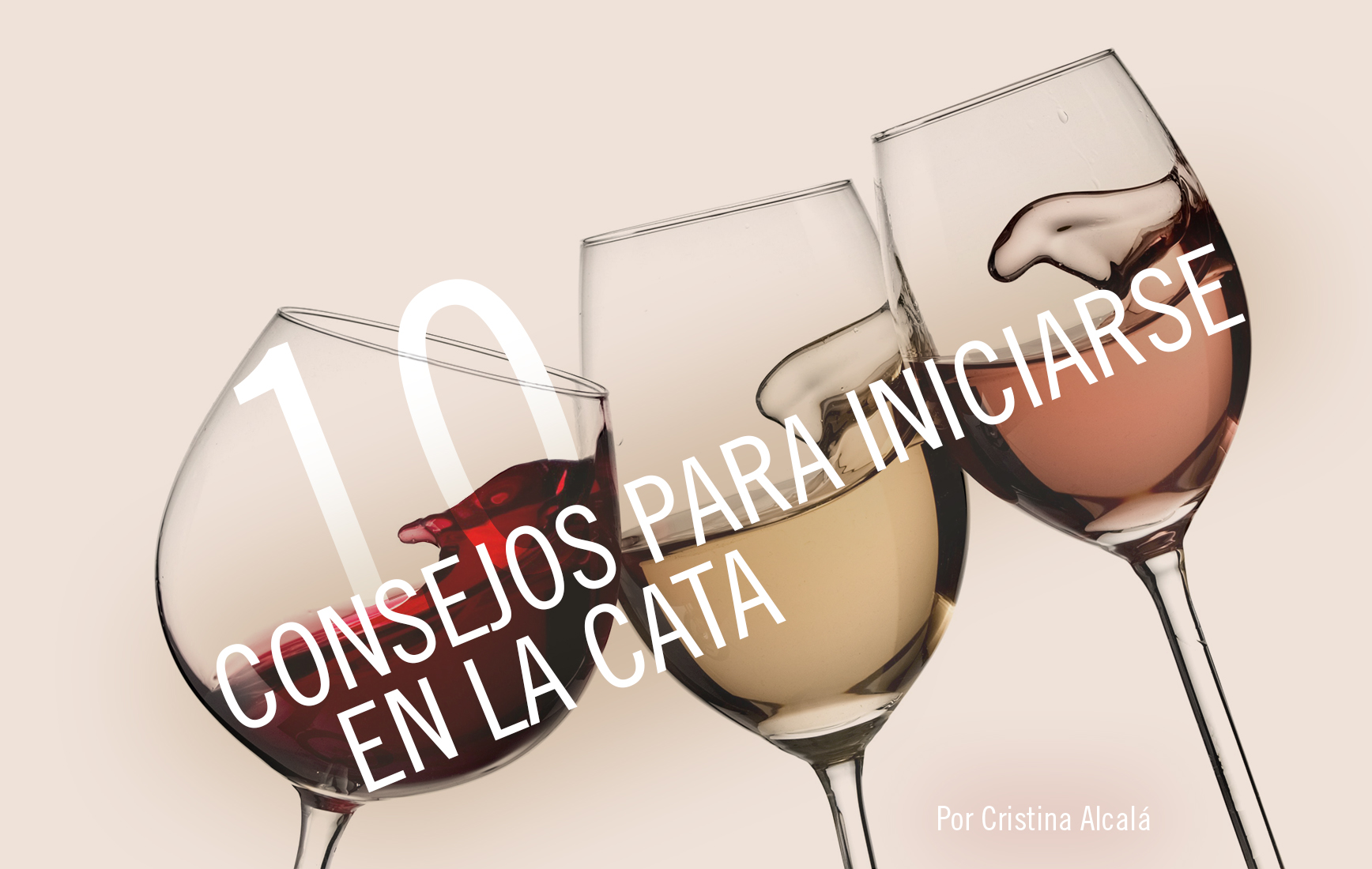10 Tips on getting started as a wine taster

Perhaps you are thinking about becoming a professional wine taster or maybe you simply want to go deeper than “liking or not liking” a wine. Perhaps you have discovered an overwhelming passion for the wine world that is inspiring you to seek out and try wines from different regions. Perhaps you are the kind of person who reads the back label on a bottle in search of a variety you haven't tried yet or a special winemaking style. Perhaps one day you realized that all of your trips involved winery visits or vineyard walks. Perhaps you don't aspire to become a professional, but you want to know how you can learn more and take greater advantage of the knowledge and experience you have gained from wine.
Here are my ten tips on starting to explore the world of wine through tastings.
1. Tasting isn't about telling “the good” from “the bad.” Clearly, it is far more enjoyable to taste good wines, but you also learn a lot from those that are flawed. Liking or disliking a wine is purely subjective and as such has little to do with the wine and even less so with tasting. What is important is to ask yourself why you like or dislike certain wines.
2. Tasting is about memory. Having good training, traveling to many wine regions, trying and tasting wines and grapes is all in vain if we don't memorize the details in order to turn tasting into a playful exercise in comparisons. Develop your own technique for retaining all of the information you gather over time.
3. Concentration and reflection. Sometimes, the environment that we are in when tasting a wine is not the most suitable for an evaluation. A dinner with friends, a guided tour of a winery, noise, smells...they all distort our assessment of a wine. It is essential to concentrate and take the time to reflect on the wine you just tasted. Try to evaluate the wine, but don't forget to enjoy it in the process.
4. Suppress your subjectivity. Setting aside our own personal preferences when tasting a wine isn't easy, but we have to do so if we wish to perform a rigorous evaluation. To this end, it is wise to base your evaluation on specific quality parameters, such as those listed on your personal tasting sheet. This will help you to be more exacting, both with the wine and yourself.
5. The secrets of wine. Tasting is a wonderful exercise full of surprises. Wine is a liquid locked in a bottle, which only begins to reveal itself when we open it. This is why we must pay close attention when we taste. We need to concentrate on the aromas and flavors, forget our preconceptions and keep an open mind to experience new sensations.
6. Take note of the characteristics. Each wine is a small world onto itself, waiting for us to explore it. Where it comes from, who made it, the varieties, the winemaking techniques, the target consumer, whether it is good value for money, etc.
7. To taste is to feel. Our senses are the tools we use when tasting a wine. Our palate, cheeks, lips and tongue will give us valuable information about texture, smoothness, consistency, viscosity or balance. More than merely drinking a wine, we have to feel it.
8. Tasting is more art than science. Just like every variety has its own personality, every person adds his or her own character, language and sensibility to the mix when he or she starts tasting wines.
9. Be curious. A question mark should be swirling in the glass. Don't take anything as a given, and avoid passing judgment. When it comes to learning, enjoyment and reflection are the best allies. Furthermore, tasting is about being humble when confronting a mistake.
10. Be patient. Don't give up. Learning how to taste and developing your own method is neither quick nor easy, but I promise that with time, you will acquire the skill.
